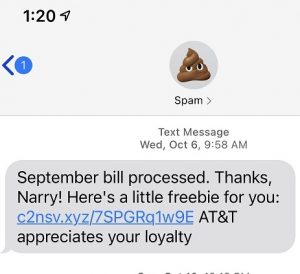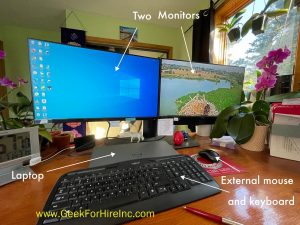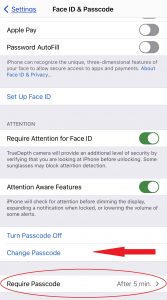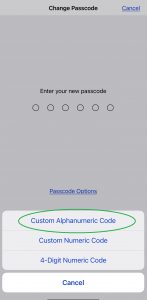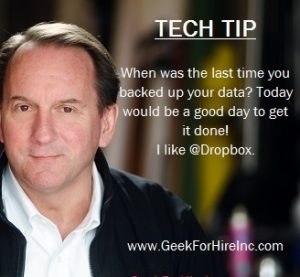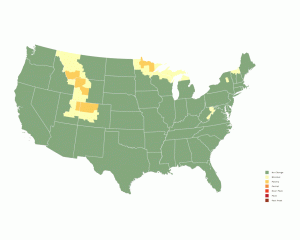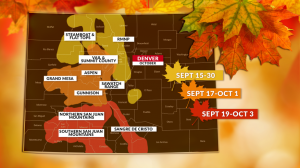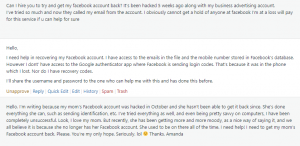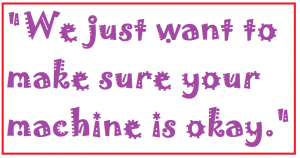What with Bluetooth this and Bluetooth that, have you ever thought about a Bluetooth-connected app to help with solving a puzzle cube? Last year, Santa dropped a non-smart, non-Bluetooth puzzle cube into everyone’s stocking. They were all different. Some were super easy, and others, like the triangle-shaped one, were diabolical! We had fun sharing them, but they are all so mixed up now. I don’t think that they will ever get solved again!
UPDATED: originally published on 5/26/2021. We sometimes post links to products where we may earn a small commission. This won’t change the price you pay, in fact, sometimes we know about additional discounts! As an Amazon Associate, we earn from qualifying purchases.
A little history:
The original puzzle cube was invented by Erno Rubik in 1974. It took him a month to solve it! Mr. Rubik is Hungarian and has degrees in Architecture and Design.
“Puzzles bring out important qualities in each of us: concentration, curiosity, a sense of play, the eagerness to discover a solution.”
You can read more in his book Cubed.
What’s interesting to me is that Rubik spawned a whole new puzzle industry. There’s a snake cube puzzle, a puzzle ring, even puzzle cubes with famous paintings!
Is there a Bluetooth-connected Puzzle Cube?
I’ve just found out that there are several STEM toys that keep your brain active with improved cognitive mapping skills, increase eye-hand agility, AND help you solve the cube. There are several. The most well-known are the Rubik’s Connected Cube, and the GoCube. They are both physical cubes that connect to your smartphone. They track your progress and help you learn how to solve the puzzle faster.
Want to see how the GoCube puzzle works?
The GoCube was introduced back in 2018 with a Kickstarter campaign. It was designed to help people learn how to solve the puzzle cube faster, and, more importantly, to learn where your logic is breaking down. Before long, you’re moving up to higher and higher levels. GoCube also has a community of other “cubers” worldwide. They’ll match you up with someone at your level to compete against. Awesome!
Here’s their original video from the Kickstarter:
You CAN do the Cube:
If you just want to learn how to solve a Rubik’s Cube fast, head over to Ruwix. Have you been wondering: how does a Rubik’s Cube work? Ruwix is dedicated to helping you learn the logic behind the madness. This site will even show you how to form the Rubik’s Cube White Cross and the yellow cross. I think if you keep at it, you’ll learn how to solve a Rubik’s cube in 20 moves or less too. Hashtag: #YouCanDoTheCube
What I love about the GoCube:
- I love that the GoCube lights up
- I like that it can sense the position of each square exactly and help you “see” the position spatially. Then, it helps you solve it without making you feel like an idiot.
- I love that it helps kids of all ages learn logic and spatial awareness.
What I don’t:
- My only knock is that the GoCube seems a little expensive. Keep on the lookout for discounts. If GoCube has a Black Friday or Cyber Monday deal, I’ll update this post.
Conclusion: Should you get a connected Puzzle Cube?
These connected puzzle cubes are great STEM toys that help you learn at the same time. This would be a very cool gift for the holidays! You can purchase it directly from GoCube or Amazon. If you’re thinking about getting more than one, scroll down on the GoCube page for their BOGO deal.
Information about Geek For Hire, Inc.
I’ve created a free report to protect you from “phishing” scams. Click here to receive it!
Chris Eddy of Geek For Hire, Inc. has provided computer service to families and small businesses with Mac’s and PCs for the past eighteen years. He’s the geek for you! Angie’s List and the BBB rate Geek For Hire very highly. You can find more on our website, or give us a call at 303-618-0154. Geek For Hire, Inc. provides onsite service (Tier 3 support) to the Denver / Boulder / Front Range area and remote service throughout North America.
Here’s a link to our Covid19 Policy.
We’ve been using Amazon Prime for the past few years. We like the free and fast shipping. With Prime, we have access to online streaming too. Prime is usually $119/year, but you can get a free 30-day trial by clicking on this link: Try Amazon Prime 30-Day Free Trial. As an Amazon Associate, we earn from qualifying purchases.
More Tech Tips:
- Are VPNs worth it? More here.
- Are you interested in learning more about Extreme Privacy?
- We have seen a lot of Facebook hacking lately. Here’s what you should do ahead of time to keep your account safe.
- And here are the 10 Password Mistakes you don’t want to make!
